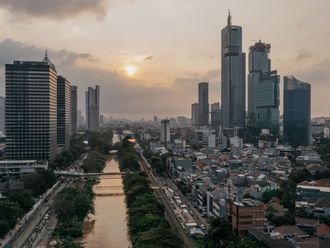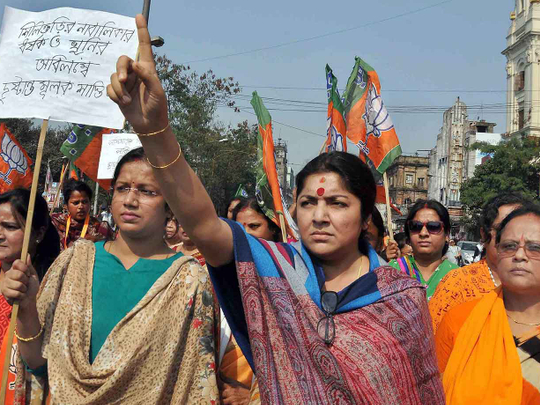
New Delhi: A flagging legal system and poor conviction rate has not been able to control crime against women in India. Even after five years of Delhi gang rape incident that triggered nationwide protests and led to the formation of new laws on crimes against women in the country, the number of rape cases is only going up.
Depressed at the state of affairs, Asha Devi, mother of Nirbhaya, the December 12 gang rape case victim, said, “It is so disgusting. Rapes are happening everyday. Every time I hear or read that a girl is gang raped, I feel it is happening with my daughter. The new law has proved that laws are not capable of stopping incidents of rape. They claim we have fast track courts, but there is nothing fast about them.”
A retired judge, who also served in the law Commission of India, admitted, “The fast track courts have certainly let people down. Supposed to give faster respite to victims, these have not served the purpose.”
Anita Sood, a Grade 12 student, asks, “What is the meaning of special courts and new laws, when nothing on ground has changed. We keep hearing about shortage of judges and victims turning hostile. But no one is talking about security. When will the lawmakers wake up? The moment the public talks of hanging the rapists in full public view, social activists begin condemning it by saying. ‘We should show mercy!’ When and how will all this end?”
Incidentally, after the May 2017 Supreme Court verdict, death by hanging or in other words ‘capital punishment’ for four of the six accused persons in the December 16 gang rape case, was announced, while many people were in support of the decision, some others felt it was wrong even in the ‘rarest of rare’ cases.
Kavitha Krishnan, secretary of All India Progressive Women’s Association (AIPWA) that fights against all kinds of oppression and equality for women, said, “The issue of rapes is much bigger and it is pointless to talk about capital punishment. Death penalty certainly does not deter people and it has been proved time and again. What would deter is the sense that a woman who complains against rape will be treated with dignity in the courtroom and that she will not be asked questions of her prior relationship(s) and her moral character will not be put on trial.”
Talking about the growing incidents of rape, she said it was happening because there is a flourishing rape culture that is encouraged even by those in power. “The governments are not serious about implementing any measures to actually make women feel safer. Even after the series of rapes in Haryana recently, the government is spending millions of rupees on buying copies of the Hindu scripture the Bhagavad Gita, whereas it is not investing in basic security that can make localities safe,” she said.
“Huge amount is being spent on banners that say, ‘A veil is the symbol of Haryana’s pride’. All this shows the attitude that governments are investing in misogyny and not bothering to fight against rape culture. Naturally, people who commit crimes against women feel emboldened,” the activist added.
Reluctant courts
In a recent case, the Supreme Court judgement acquitted a man who was convicted by the High Court of committing rape. The court said that even though the woman said ‘no’ and the man still went ahead and forced himself upon her, it was a ‘feeble no’ from the woman. Thereafter, the Supreme Court did not even allow an appeal against the ‘feeble no’ verdict. So, there is a sense of backlash when the courts do not want to implement the more progressive law that was passed in 2013.
Capital punishment
The Indian judiciary has pointed out their view regarding death penalty that it must be restricted to the ”rarest of rare” cases. This view was held favouring to minimise the use of capital punishment to penalise the criminals. Capital punishment is awarded for murder, gang robbery with murder, abetting the suicide of a child or insane person, waging war against the government and abetting mutiny by a member of the armed forces. It is also given under some anti-terror laws for those convicted of terrorist activities. The death sentence is imposed only when the court comes to the conclusion that life imprisonment is inadequate based on the facts and circumstances of the case.



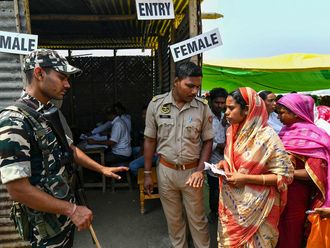
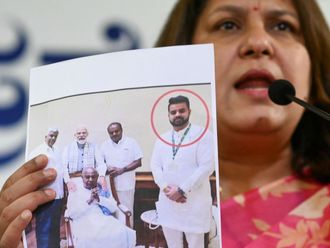
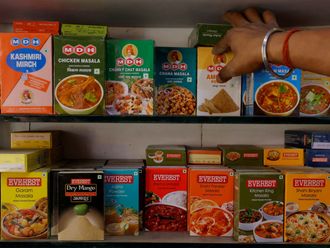




_resources1_16a3106a819_small.jpg)
